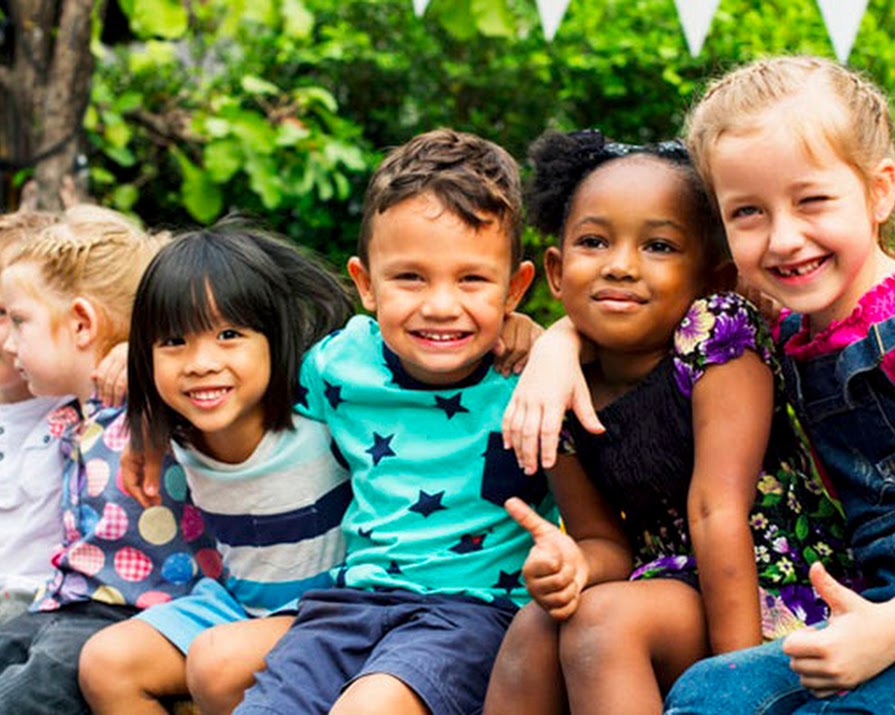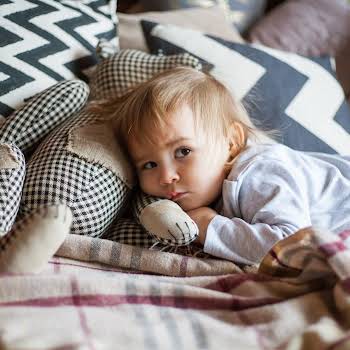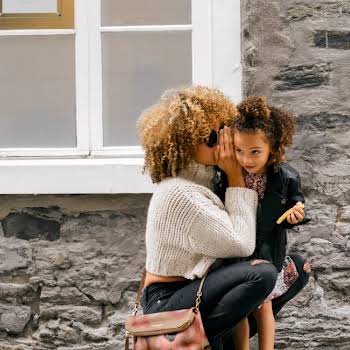
By Amanda Cassidy
13th Jun 2020
13th Jun 2020
Whatever our backgrounds, simply talking to our children about racism is no longer enough, writes Amanda Cassidy
I chat to my children about what is going on in the news. As a former media teacher in primary schools, I believe that understanding elements of what happens in the world around them is important for children. A balance is needed of course, it must be age-appropriate and fed to them in non-frightening ways.
But getting the gist of something not only makes them smarter but it opens their eyes to things outside of their little bubble. They pick up more than we know most of the time. I simply condense it into child-sized snippets on a need-to-know basis.
Right now there has never been a more important time to talk to our children about what is going on in the world. Recent protests have sparked questions from children. Not shying away from such conversations is the first step to raising an anti-racist child. Our answers will shape the next generation.
Coming from a pretty non-diverse school and neighbourhood, the death of George Floyd was among the first time we had to delve deeper into why bad things could happen because of the colour of somebody’s skin.
And while race is relatively simple to address when a young child notices skin colour for the first time, racism is understandably harder to talk about.
She needed role models and friends and experiences that weren’t always white
About two years ago, my four-year-old daughter asked me why black people were so poor. The question knocked me sideways. In fact, I was driving alone in the car with her and I pulled over and turned to her, shocked.
“Why do you think that,” I asked her gently, silently horrified. “Those children on TV have no water and have flies on their faces and have no food,” she answered, referring to the harrowing charity appeals on the television ads.
Role models
And I knew then that there was something seriously wrong. I also knew it was up to me to change that depiction, to find ways of showing my daughter how diversity is positive and important and far from those pictures she saw on the TV.
She needed role models and friends and experiences that weren’t always white, and my inaction to provide her with those things had resulted in the terribly sad conclusion she asked me about that day in the car.
I made some changes to make sure my children were involved with communities and groups from many different parts of life. Location or school or neighbourhood can not be an excuse for reinforcing division, consciously or unconsciously.
Children are naturally kind. As I talked to my three children about the racism protests, they were disgusted… and confused. “Why do people care what colour your skin is anyway?” they wondered out loud.
They are lucky. They’ve never been on the receiving end of judgment over how they look. Learning empathy is another lesson I push — walking in someone else’s shoes; imagining how it might feel to be left out, teased, alienated.
We have the opportunity now to catch our children and educate them about racism before they slide out into the real world. That is an essential responsibility for parents, for the media and for the little world that children inhabit.
This shouldn’t be a passive situation. It is much too important.
Empathy
This week children’s programme Sesame Street released a video with lovable character Elmo talking to his dad about the protests. Geared towards a US market, it still captured simply the message we all need our children to learn.
Elmo asks why people are taking to the streets to protest. His dad, Louie explains: “They are sad and upset, and they have every right to be, Elmo. People are upset because racism is a huge problem in our country.
”Racism is when people treat other people unfairly because of the way they look or the colour of their skin.”
The show, which included other children asking questions, was praised for the effectiveness of its message.
It is time to use the platforms our children communicate on as tools in this war on racism. It is time to rethink what we can do ourselves when it comes to showing children positive diversity and inclusivity. This shouldn’t be a passive situation. It is much too important.
Because saying you are not racist and teaching your children that racism is bad is no longer enough.
Image via Unsplash.com
Read more: 6 things you can watch on Netflix to learn about racism and white privilege






















